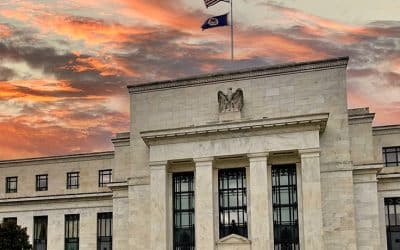The reasons behind the stock market’s continued rise

Redacción Mapfre
This week, the markets moved in an almost sideways motion, given the importance of macro data released on both sides of the Atlantic, such as the German IFO business climate index and the Eurozone Purchasing Managers Index (PMI), as well as US GDP numbers. We now have confirmation on the improvement in the European scenario and, according to Alberto Matellán, chief economist at MAPFRE Inversión, “there are no reasons to think that anything will happen in the short term for this to change, so the positive market sentiment should hold firm.” Today we get the number for GDP in Spain, which MAPFRE Economics expects to reach 1% in 2023, as per the latest Panorama report published by the research service.
Matellán does however urge caution on the ups and downs of these figures, noting that “you have to look closely at how inflation evolves, because this improvement in the general scenario could lead us once more to inflationary growth, which would force the European Central Bank (ECB) to raise rates even higher.” Currently, the market has priced in a rate ceiling of 3.5%.
As such, prudence must rule the day. Ismael García Puente, fund manager and selector at MAPFRE Gestión Patrimonial, agrees that a soft landing is being factored in, due to the resilience of the labor markets, the reopening of China and lower energy costs. But he recalls anecdotally that the last time the ECB raised rates more than the Fed was in 2011, and before that, the previous time was in 2007 and 2008. “And we all know what happened then. Obviously, that’s not going to happen now, but favorable situations for the market don’t usually occur, so prudence should be maintained.”
All of this has led to a stronger euro, which has appreciated 14% against the dollar since September. And as Matellán points out, on top of the economic improvement, the aggressive tone of the Fed has become notably calmer across all the regions of the Eurozone, including Germany. In his opinion, these movements go hand in hand with a certain inertia that looks set to drive the community currency higher.



